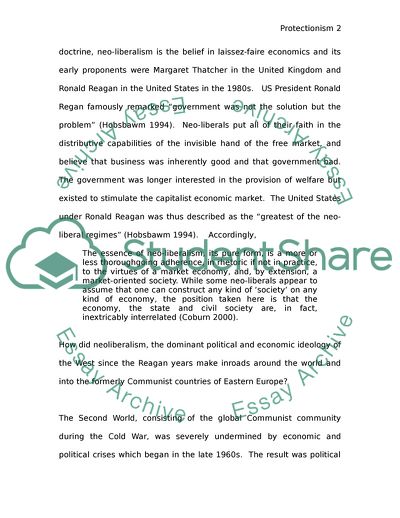Cite this document
(Globalization and Protectionism in Our Century Case Study, n.d.)
Globalization and Protectionism in Our Century Case Study. https://studentshare.org/macro-microeconomics/1721642-have-look-on-the-orther-instruction
Globalization and Protectionism in Our Century Case Study. https://studentshare.org/macro-microeconomics/1721642-have-look-on-the-orther-instruction
(Globalization and Protectionism in Our Century Case Study)
Globalization and Protectionism in Our Century Case Study. https://studentshare.org/macro-microeconomics/1721642-have-look-on-the-orther-instruction.
Globalization and Protectionism in Our Century Case Study. https://studentshare.org/macro-microeconomics/1721642-have-look-on-the-orther-instruction.
“Globalization and Protectionism in Our Century Case Study”. https://studentshare.org/macro-microeconomics/1721642-have-look-on-the-orther-instruction.


